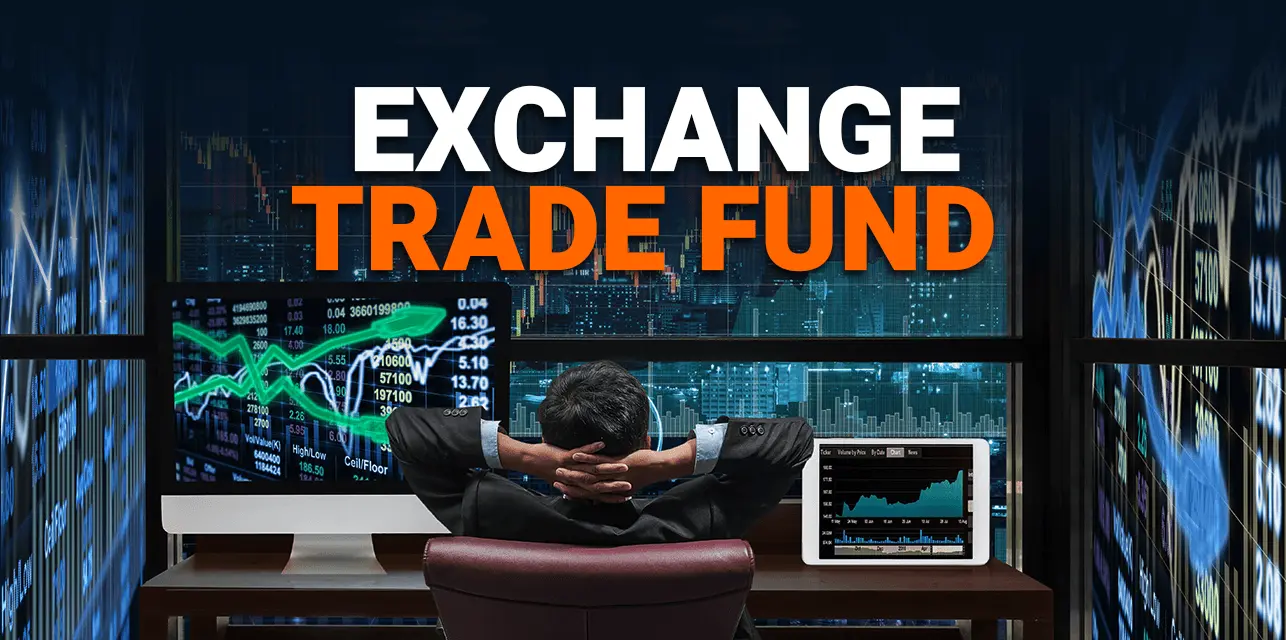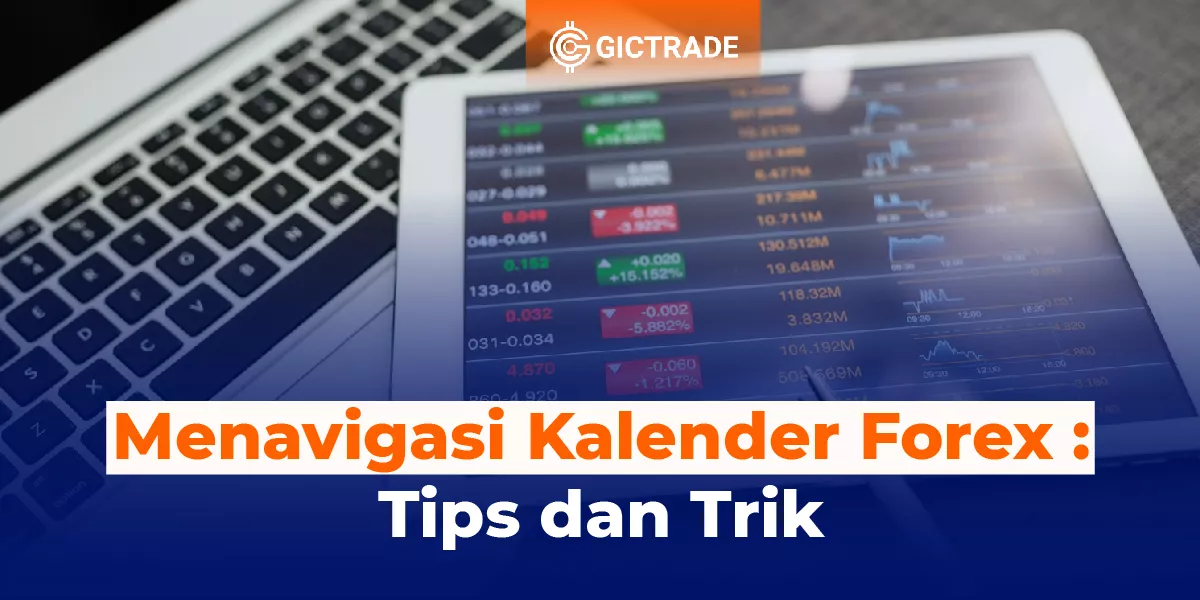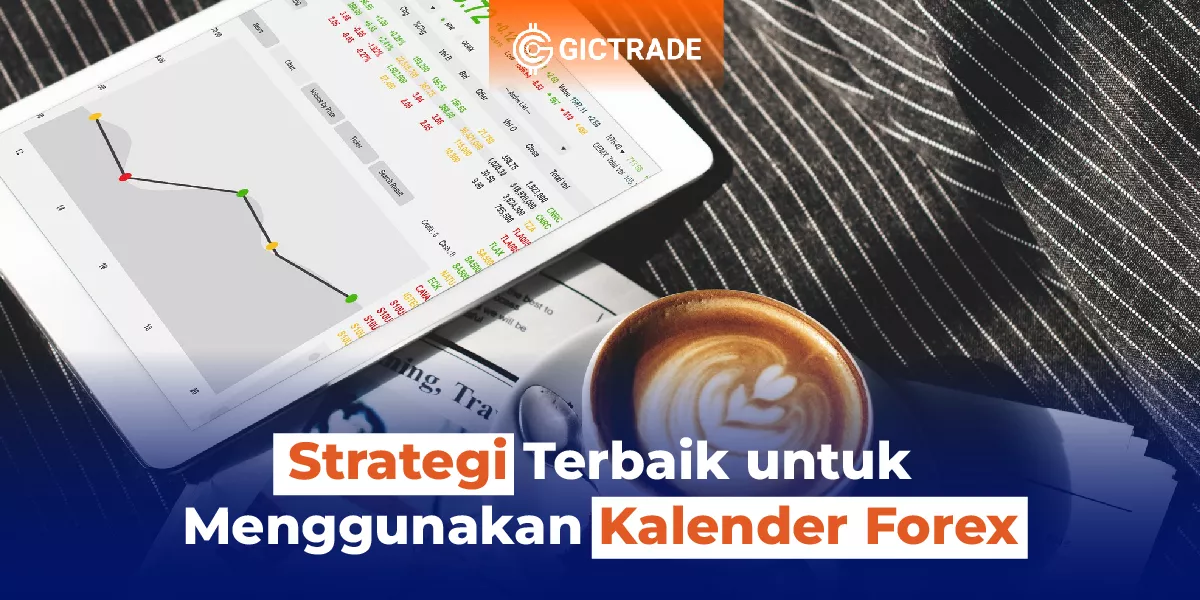What is an Exchange Traded Fund?
An exchange-traded fund, or ETF, is a basket of investments such as stocks or bonds. Exchange-traded funds allow you to invest in many securities at once, and ETFs often have lower fees than other types of funds. ETFs are also traded more easily.
But like any financial product, ETFs are not a one-size-fits-all solution. Evaluate them based on their own capabilities, including management fees and commission fees (if any), how easy you can buy or sell them, and the quality of their investments.
How to Start Investing in Exchange Traded Funds
ETFs are bought and sold like company stock during the day when the stock exchange is open. Just like stocks, ETFs have ticker symbols and intraday price data can be easily obtained during the trading day. Unlike company stocks, the number of shares outstanding from an ETF can change daily due to the continuous creation of new shares and the redemption of existing shares. The ability of ETFs to issue and redeem shares on an ongoing basis keeps the market price of ETFs in line with the underlying securities. Although designed for individual investors, institutional investors play a key role in maintaining liquidity and tracking the integrity of ETFs through the purchase and sale of creation units, which are large blocks of ETF stock that can be exchanged for a basket of underlying securities. When the price of an ETF deviates from the value of the underlying asset, the institution uses an arbitrage mechanism provided by the generating unit to return the price of the ETF to the value of the underlying asset.Examples of Exchange Traded Funds in the Real World
For all its simplicity, exchange-traded funds have nuances that are important to understand. Armed with the basics, you can decide if ETFs make sense for your portfolio, embarking on an exciting journey to find one—or several.
There are many great ETFs out there, but here are some picks from our list of top-rated ETFs.
-
SPDR S&P 500 ETF (SPY)
-
BNY Mellon US Large Cap Core Equity ETF (BKLC)
-
SoFi Selects 500 ETF (SFY)
-
JP Morgan Betabuilders ETF US Equities (BBUS)
-
iShares Core S&P 500 ETF (IVV) .
Types of Exchange Traded Funds
Some of the popular ETF category schemes are as follows:-ETF Indices
ETF indices are the most common of all ETF product offerings. It aims to track specific market indices such as Sensex, Nifty, BSE 100, Nifty 100 etc. An index ETF invests in a basket of stocks that replicates the Index that the ETF wants to track. When investing in an Index ETF, you should expect the return of your ETF-tracked index, neither more nor less.Gold ETF
Investors can buy gold as a financial asset in the form of Gold ETFs. Gold ETFs are exchange-traded funds that aim to track the price of gold in the market and have the same value as 24-carat pure physical gold. Like company stocks, Gold ETF units are also traded on the stock exchange.Bank ETF
Bank ETFs invest in a basket of banking stocks listed on the stock exchange.International ETF
International ETFs invest primarily in foreign-based securities. These ETFs can track global markets or track country-specific benchmark indices. These ETFs can be a good investment option if you want to diversify your investments into foreign securities.Liquid ETF
Liquid ETFs invest in a basket of short-term Government securities, call money or money market instruments with short-term maturity. The goal of liquid ETFs is to increase returns and reduce price risk.Advantages of Exchange Traded Funds
There are advantages and advantages of using this Exchange Traded Fund. Which, you will get these advantages when you start investing in this ETF. These advantages are:-
Cost-effectiveness: Because ETFs only track indices without going beyond them, the administrative costs of managing them are much lower than those incurred by mutual funds.
-
Passive Management: Since the purpose of ETFs is to mimic the market, fund managers need to make periodic changes only to match the market index. That's an important difference from mutual funds, where fund managers are constantly trading securities in a basket to beat the market.
-
Low managerial risk: Because ETFs are passively managed and tied to a specific index, this involves a lower risk of organizational error. Here, investors don't need to rely on the judgment of a fund manager, as in mutual funds, to constantly make the best trading decisions. Instead, investors rely solely on the market that stabilizes itself.
-
Diversification:When compared to mutual funds, ETFs are an inexpensive vehicle for diversifying a portfolio along with exposure to the market.
-
Liquidity: ETFs can be traded on a market exchange, just like any other inventory, but the main difference is that they can be traded intraday, unlike mutual funds that are traded at the end of the day. That can help if the market is volatile.
-
Tax effectiveness: Passively managed and structured to mimic the market, capital gains and income from ETFs may not be high enough to raise the tax threshold for investors.
-
No minimum investment: ETFs can be purchased in small quantities to measure the performance of a market index.
-
Sector exposure: ETFs can leverage the performance of any particular sector, allowing investors to initially experience a portion of an industry where they want greater openness in the future.
Disadvantages of Exchange Traded Funds
As with any financial product, there are risks associated with exchange-traded funds.It will never be exactly the same as the index
The management fees that apply to ETFs mean that the return on your investment will never be exactly the same as the index it tracks. The buy and sell prices of your shares in the fund can also vary from the net asset value of the underlying index, reducing your returns.Volatility
Despite the diversification that exchange-traded funds offer, this does not make your investments immune to volatility in the market, and you can still suffer losses in a bear market. This risk can increase in line with ETF specialization – funds that focus on small market niches tend to be more volatile than larger, broader ones. For example, funds that track the mining sector tend to be more volatile than those that follow the ASX 200.Currency risk
Finally, if your chosen ETF invests overseas, fluctuations in the Australian dollar can affect your returns. Funds that offer exposure to emerging markets may also be more volatileETF vs Mutual Fund vs Stocks
For those of you who are still confused about what is the difference between ETFs, Mutual Funds (Mutual Funds), and Stocks, you can understand it through the article below.ETF vs Mutual Fund
Here's how ETFs differ from mutual funds. These differences are:| If you prefer a lower minimum investment... | ETFs may be a better fit for you. You can buy an ETF at the price of 1 share—commonly referred to as the market price of an ETF. Depending on the ETF, the price can be as little as $50 or as much as a few hundred dollars. Estimate the total trading price of your ETF | Mutual funds may not be a suitable investment. The minimum initial investment of a mutual fund is not based on the share price of the mutual fund. Rather, they are a fixed dollar amount. Most Vanguard mutual funds have a minimum of $3,000.** That will buy you 30 shares of a hypothetical fund with a net asset value (NAV) of $100 per share. |
| If you want direct control over the price of your trades... | ETFs can be a suitable investment. ETFs not only provide real-time prices, but they also allow you to use more advanced order types that give you the most control over your prices. If you want to keep things simple, that's fine! Stick to market orders. This will give you the best price right now without any additional hassle. | Mutual funds may not be a suitable investment. Regardless of what time you place your order, you will get the same price as everyone else buying and selling that day. That price is not calculated until after the trading day is over. |
| If you want to automatically repeat certain transactions... | ETFs may not be a suitable investment. You cannot make automatic investments or withdrawals into or out of ETFs. | Mutual funds can be a suitable investment. You can set up automatic investments and withdrawals in and out of mutual funds based on your preferences. |
| If you're looking for an index fund... | ETFs can be a suitable investment. SThe vast majority of ETFs are index funds (sometimes referred to as "passive investments"), including our lineup of nearly 70 Vanguard index ETFs. | Mutual funds can also be a suitable investment. We also offer more than 65 Vanguard index mutual funds. Compare index funds vs. actively managed funds Learn how active fund managers compare to personal advisors |
ETF vs Stocks
In addition to the fact that ETFs and stocks have high liquidity, there are some key differences between the two types of securities. Here's the most important difference you need to know.1. Number of Shares
When a company issues shares, only a certain number of shares are issued. The number of shares doesn't change very often, except for occasional share buybacks or stock splits—but that's rare. ETFs, on the other hand, seek to accurately match the average stock price of the stocks included in the fund (called "net asset value"). To do this, ETFs use a process called "creation and redemption." Essentially, ETFs adjust the number of shares in a fund to decrease or increase their value. So how exactly does that affect investors? That makes it more difficult—in theory—to outperform the market with ETFs than with individual stocks.2. ETFs Can Provide Diversification
Most investors want to create a diversified investment portfolio, which means they have invested in a variety of different assets. For example, a diversified investment portfolio can include stocks, bonds, mutual funds, and real estate. Diversification is helpful because reducing the likelihood of a downturn in one particular sector will destroy your investment income. Some types of ETFs can provide you with substantial diversity. Specifically, ETFs that contain stocks from a variety of different industries (for example, ETF indices that represent the S&P 500). Not all ETFs will give you diversity. As representing only one industry, highly focused ETFs may only provide as much diversification as individual stocks. Thus an article from GICTrade that has discussed "Exchange Traded Fund: How to Invest and How It Works". You can also still find other information about the discussion of issuers, investments, or from other economic trivia, such as "How to Become a Successful Trader and Its Characteristics" which is only available in the GIC Journal. You can also deepen your trading knowledge on GICTrade, through the scalping ebook, and also NFP live trading. Also make sure you register with GIC to be able to trade together with GIC masters!
 Last:
Last: 







